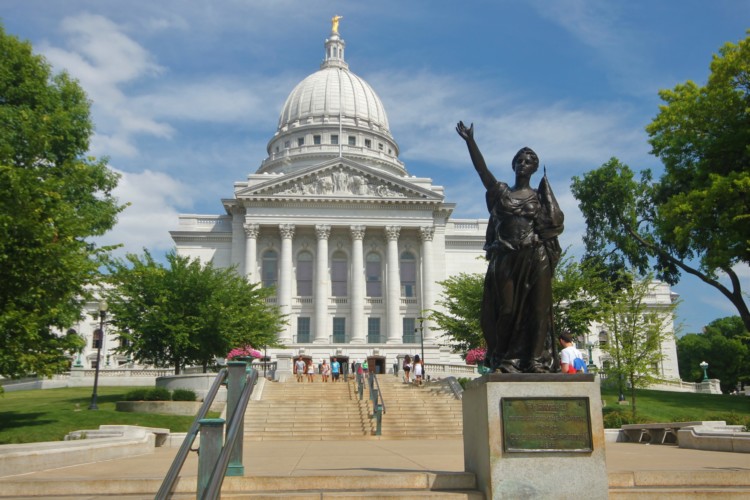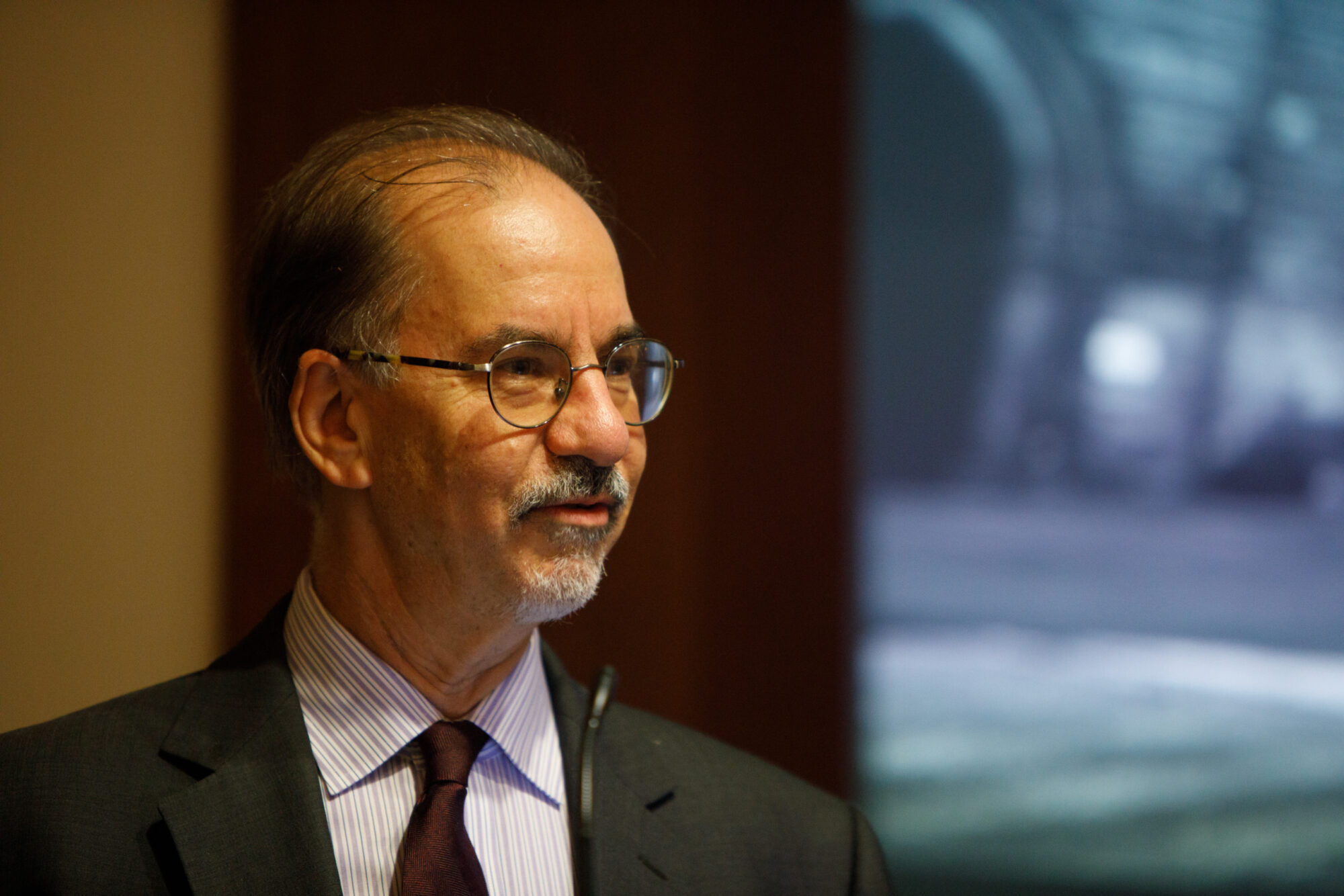We’ve talked for a long time about “two-way streets”—the vital exchanges between producers and users of research that broaden perspectives, cultivate engagement, and build capacity on both sides of the research/policy divide. As my colleagues have written, these exchanges are essential to improving the use of research evidence in decisions that affect young people.
Our current focus on learning what it takes to get research evidence used and what happens when it is used represents a new phase of Foundation-funded studies that have thus far revealed the conditions of research use. This focus is also informed by insights gathered through a learning community that we convened over the past three years, composed of civil service leaders at federal agencies that conduct and sponsor research across a range of domains including education, justice, labor, health and human services, and others.
What we have gained from learning community members is particularly important because it reflects the actual experience of using research in government. This knowledge provides not only fodder for new research, but lessons for policymakers as well. So, it was opportune timing that as the learning community coalesced, something remarkable happened in government: in a rare episode of bipartisan collaboration, Representative Paul Ryan and Senator Patty Murray sponsored an act to establish a Commission on Evidence-Based Policymaking, which President Obama signed into law earlier this spring.
As it happens, the charge to the Commission and the discussions in our learning community were closely aligned: find ways to make better use of data that the government collects, while protecting the privacy of personal information, to make smarter policy decisions.
Together with our colleagues at the Forum for Youth Investment, we recently captured insights from the learning community and presented them to members of the Commission. While the charge to the Commission emphasizes the value of linking and providing access to administrative data sets, we urged a broader approach, calling for the Commission to:
- focus on how data will be used to create evidence in research and evaluation,
- think broadly about the types of studies that will use linked administrative data,
- recommend support for partnerships between researchers and policymakers, and
- recommend ways to strengthen the federal infrastructure for turning data into evidence.
The Commission on Evidence-based Policymaking represents a bold step in the right direction, and its promise shouldn’t be undervalued. We’ve written before about the potential of using data to produce useful research evidence, and we’ve invested in the construction and linking of national datasets to help researchers identify ways to respond to challenges facing kids and families. We believe that looking across and combining data sources can generate new insights that may ultimately challenge assumptions and lead to change—especially when researchers and policymakers are working together on two-way streets.
We applaud the collaborative spirit and focus of the Commission, though we recognize that its outcomes are far from certain. As Thaddeus Ferber and I argued in a recent blog post on The Hill, “the Commission on Evidence-based Policymaking is an opportunity that doesn’t come every year, and may not come again. Let’s make the most of it.”










